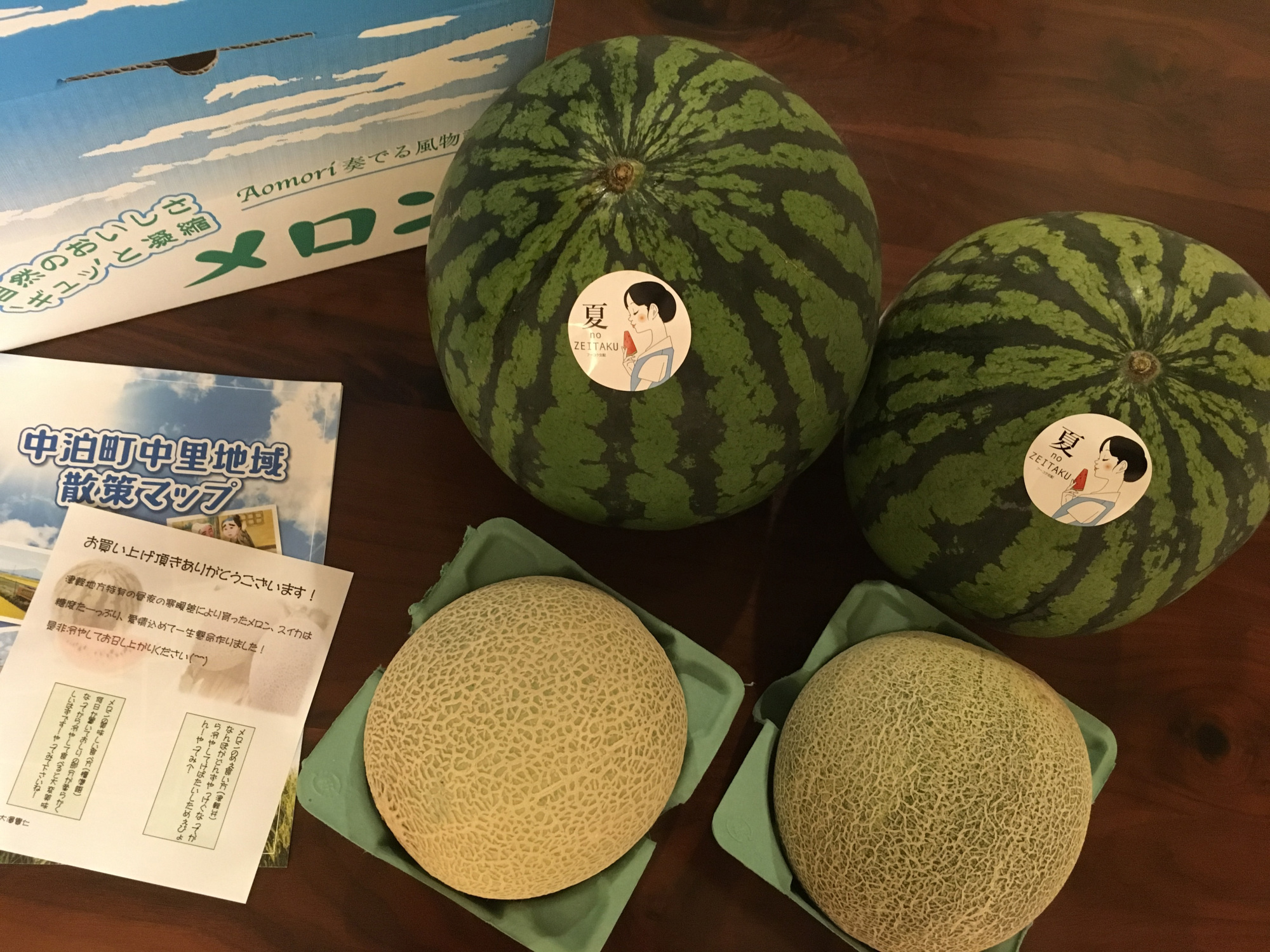A decade ago, the Japanese government launched a program that allows taxpayers to make "donations" to smaller cities and towns across the country, and then have those contributions deducted from national and municipal taxes.
A Tokyo resident like myself, for example, can give ¥10,000 to the city of Iwamizawa, Hokkaido, and have my taxes reduced by ¥10,000 over the following year. Now, not everyone is itching to fork over cash to a shrinking city in the countryside, which spurred local municipalities like Iwamizawa to begin offering gifts as incentives to do so. This donation-for-gifts strategy has helped the program balloon to nearly ¥300 billion in annual donations that are being used to redirect taxes and stimulate local economies.
The program is known as furusato nōzei, or "hometown taxation." The gifts are often goods produced or services offered in the town receiving the donation. Potential donors can spend weeks examining the thousands of gifts on offer to determine how to maximize a donation in order to get the most for their yen. Believe me, I have. And after receiving and reviewing about 50 of those gifts over the past year, I'm here to report on the experience.



